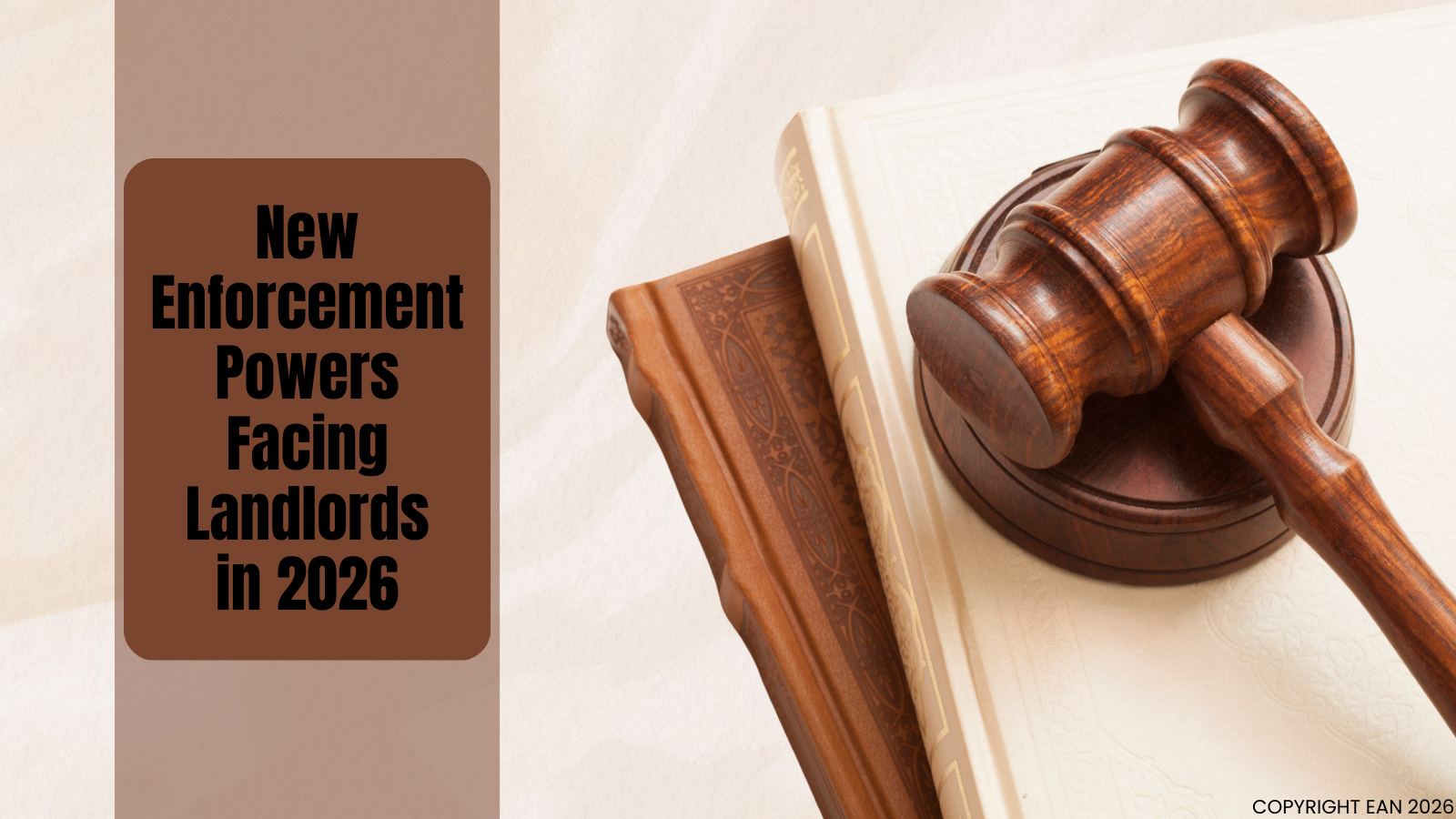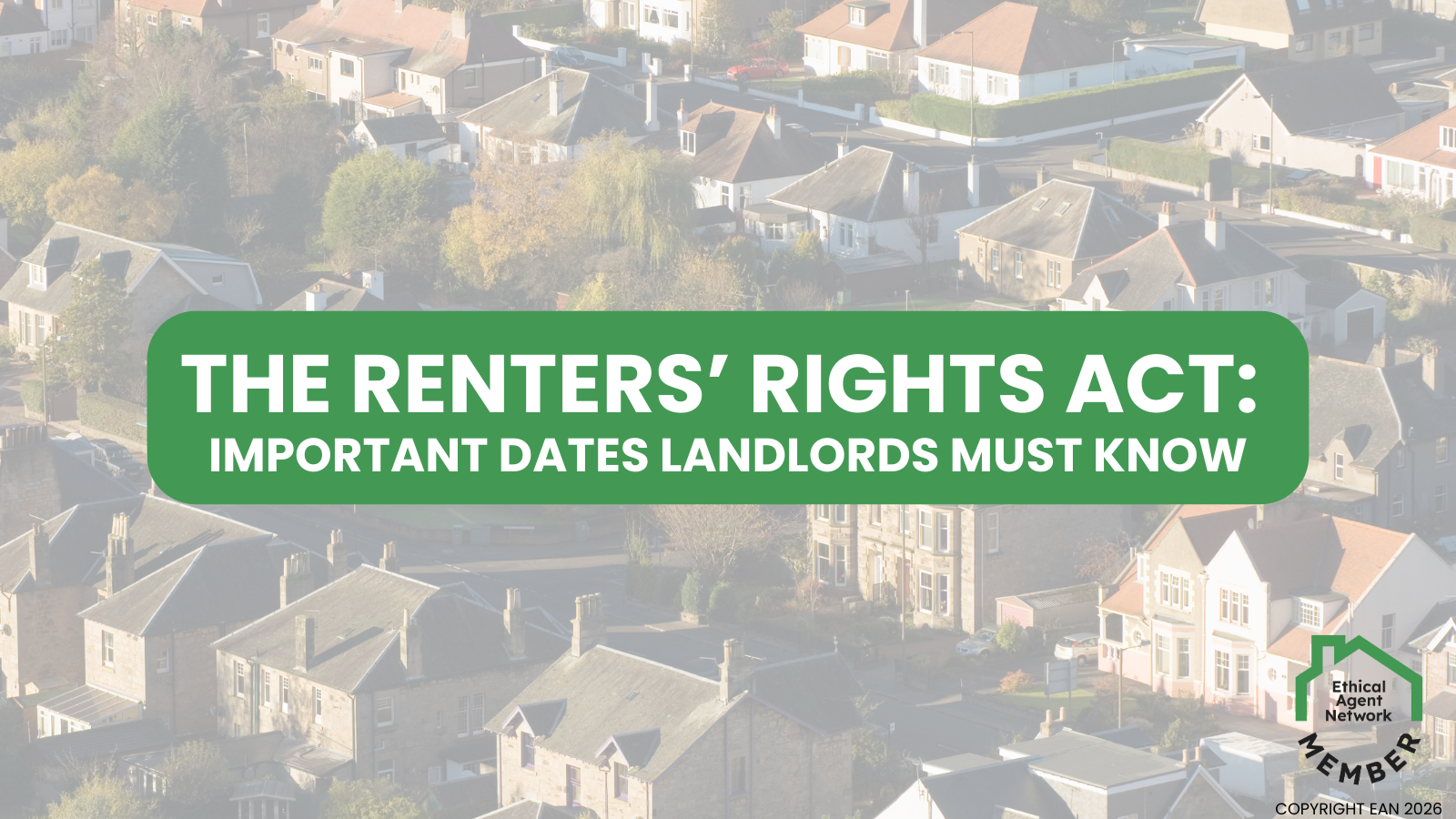Buying a home in Ealing & Northfields is no small feat. It's a complex process that requires a lot of research and understanding of the many different terms associated with it. But don't worry – you don't have to be a property expert to get a handle on all the home-buying lingo. To help, we've put together a comprehensive guide to essential home-buying terms so you can stay informed and make sure you don't get lost in translation.
New build and period property lingo
If you're in the market for a new build or period property, you might find yourself feeling overwhelmed by all the unfamiliar terms and phrases. Here are a few of the most important ones to know:
- New build: a newly constructed property that has never been lived in before. Often sold by the developer or a sales agent, these homes come with warranties and guarantees for workmanship and appliances.
- Period property: a property that was built during a specific time period, such as the Victorian or Edwardian eras. These homes often have unique architectural features and historical significance.
- Leasehold: a type of property ownership where you only own the right to live in the property for a set number of years (usually 99 or 125). You don't own the land the property is on, and you may need to pay ground rent or service charges.
- Freehold: the opposite of leasehold – you own the property and the land it's on outright.
- Help to Buy: a government scheme that can help you get onto the property ladder with just a 5% deposit. There are a few different options, including equity loans and shared ownership.
By understanding these terms, you'll be better equipped to navigate the home-buying process and find the perfect property for you.
Mortgage terminology basics
Navigating the world of mortgages can be confusing, especially when it comes to understanding all the different terminology. Here are some key terms to help you make sense of it all.
Base Rate: the interest rate set by the Bank of England which lenders use as a guide for their own interest rates.
Capital and Interest: a type of mortgage where you pay back both the amount borrowed (capital) and the interest on that amount over a set period of time.
Deposit: the amount of money you put towards the purchase of a property.
Discounted Rate: a type of mortgage where the interest rate is discounted for a set period of time.
Fixed rate Mortgage: a type of mortgage where the interest rate is fixed for a set period of time.
Flexible Mortgage: a type of mortgage that allows you to make overpayments or underpayments on your mortgage, take payment holidays, and adjust your repayment terms.
Independent Mortgage Advice: advice given by an independent financial adviser to help you find the right mortgage for your needs.
Interest-Only Mortgage: a type of mortgage where you only pay the interest on the amount borrowed, and the capital is repaid at the end of the mortgage term.
ISA Mortgage: a type of mortgage where you use your ISA savings to pay off your mortgage.
Loan To Value: the ratio of the mortgage amount to the value of the property being purchased.
Mortgage Term: the length of time you take out the mortgage for.
Offset Mortgages: a type of mortgage where your savings are offset against the mortgage balance, reducing the amount of interest you pay.
Payment Holiday: a period of time where you can temporarily stop making mortgage payments.
Self-certification Mortgage: a type of mortgage where you self-certify your income without providing proof, although this type of mortgage is now less common.
Self-build Mortgage: a type of mortgage specifically designed for people who are building their own property.
Standard Variable Rate (SVR): the standard interest rate that applies when your initial mortgage deal comes to an end.
Tracker: a type of mortgage where the interest rate tracks the Bank of England base rate or another set rate.
The sales process jargon
Once you have found your dream home and made an offer that has been accepted, there are a few more steps in the sales process that you need to be aware of. Understanding the jargon around these steps is important to ensure that everything runs smoothly and you are not caught off guard.
Exchange of Contracts is the point at which both the buyer and seller sign a contract legally binding the sale of the property. This is also the point at which a deposit is paid, typically 10% of the purchase price.
Completion is the day on which the sale is finalised and ownership of the property is transferred from the seller to the buyer. This is also the day on which the remainder of the purchase price is paid.
Conveyancing is the process by which the legal transfer of ownership takes place. It involves a solicitor or conveyancer acting on behalf of the buyer to ensure that all legal requirements are met.
Searches are a vital part of the conveyancing process and involve the solicitor or conveyancer conducting searches to check for any legal or environmental issues that may affect the property.
A survey is a detailed inspection of the property carried out by a surveyor to identify any issues or defects that may need attention.
Deeds are the legal documents that prove ownership of a property. These will be transferred from the seller to the buyer at the point of completion.
Completion is the day on which the sale is finalised and ownership of the property is transferred from the seller to the buyer. This is also the day on which the remainder of the purchase price is paid.
Making it clearer
There are no silly questions when it comes to not getting lost in translation. If you want anything about the home buying process explained, call our team at Leslie & Co. today on 020 3488 6445.


 5 minute read posted by
5 minute read posted by 



Share this with
Email
Facebook
Messenger
Twitter
Pinterest
LinkedIn
Copy this link